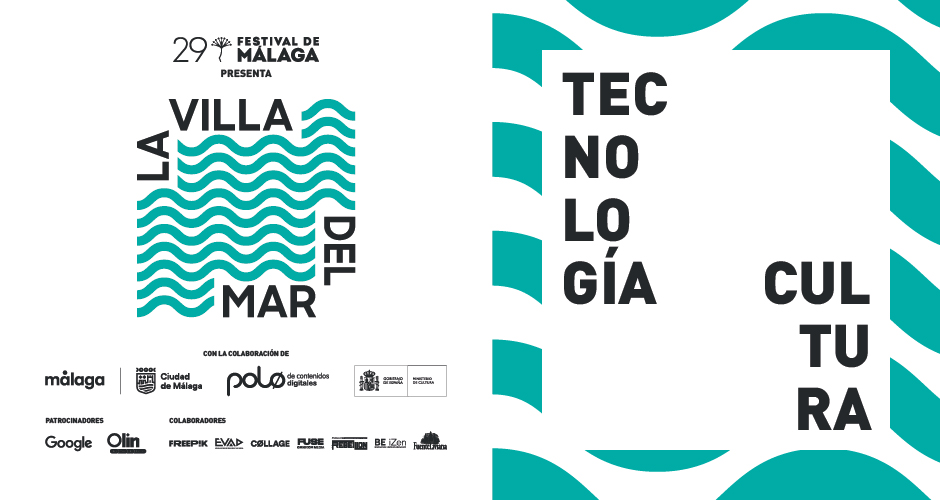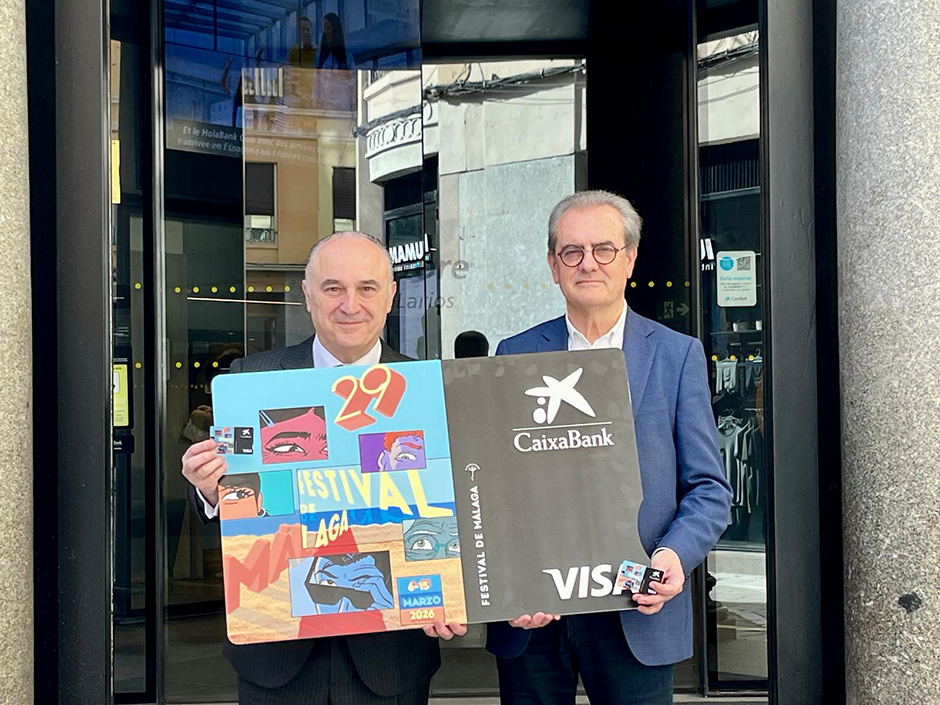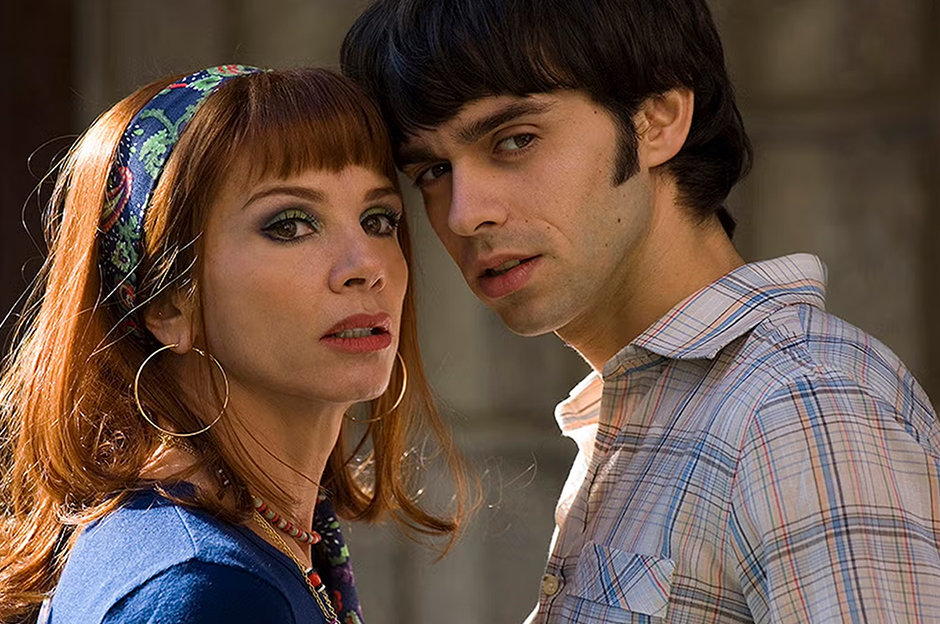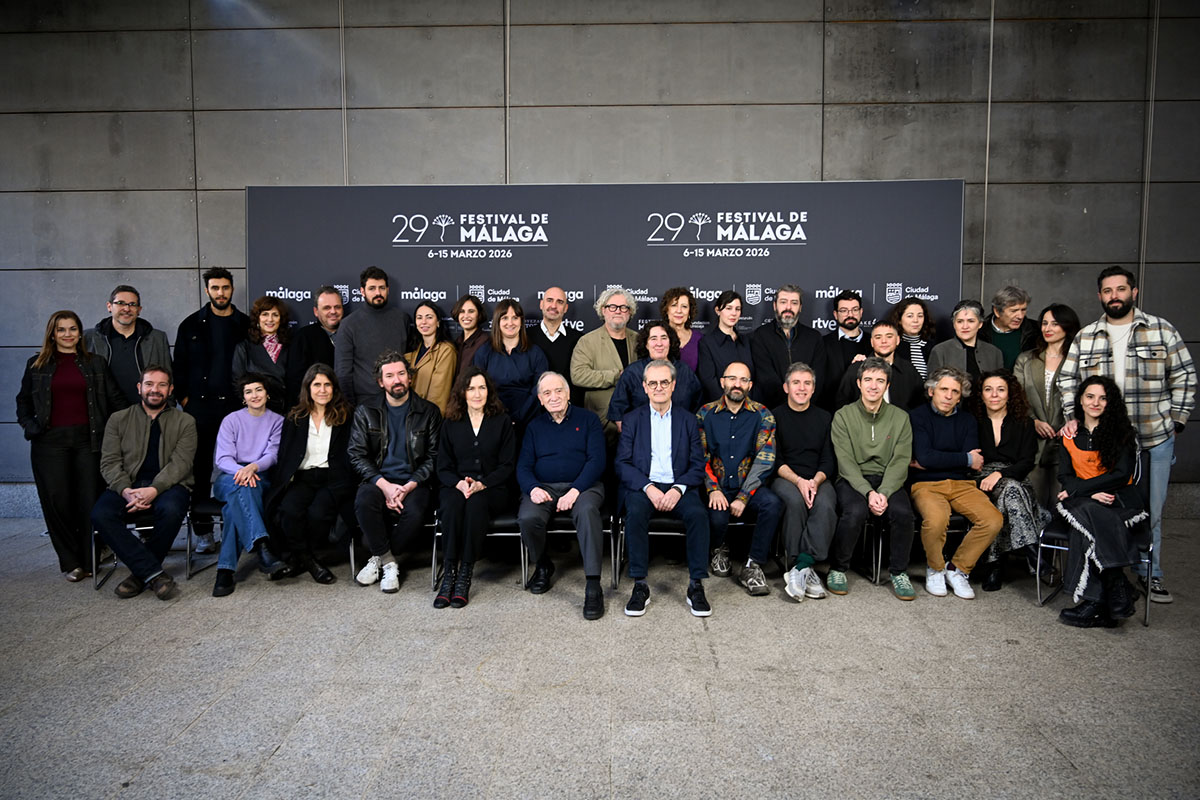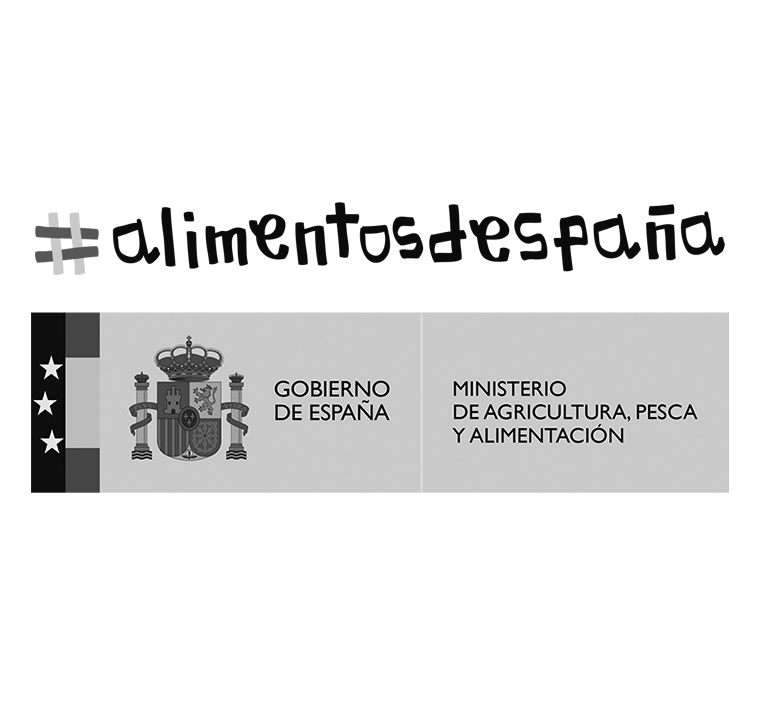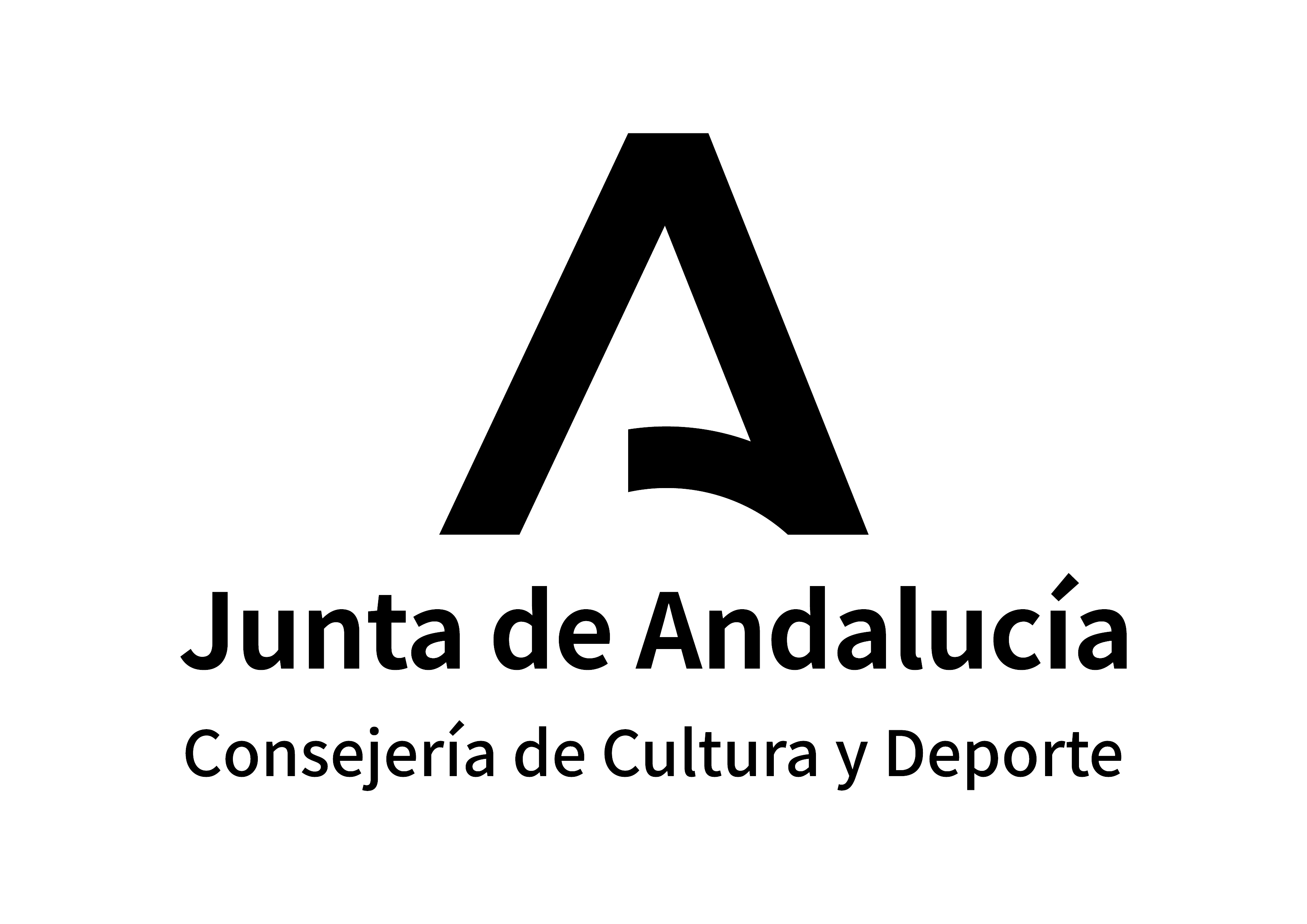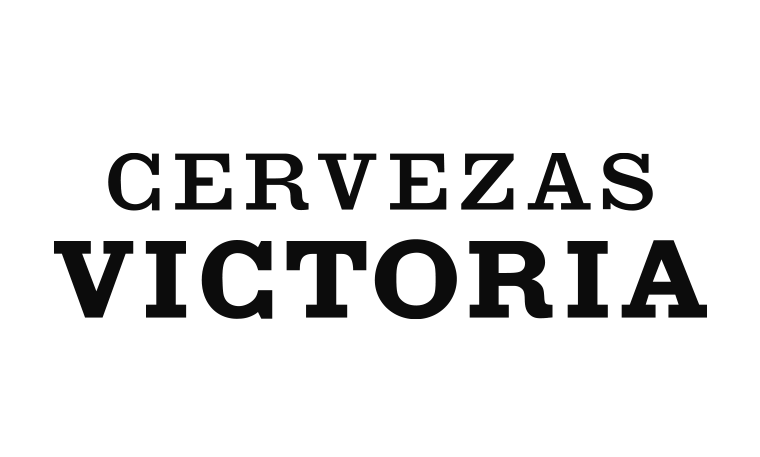'La primera mirada', by Luis E. Parés, recovers the cinematographic past through the IIEC film practices, a film training centre founded in 1947
'La primera mirada', the first feature film by director Luis E. Parés, opened the fourth day of the Documentary Out of Competition Section this Monday
The feature film offers a compilation of the first works carried out at the former Institute of Cinematographic Research and Experiences (IIEC), created during the Franco dictatorship in 1947 and which in 1962 was renamed the Official School of Cinematography (EOC).
'The film is born from a thought: you cannot love what you do not know. So what you are going to see in 'La primera mirada' is a country that, although we know it existed, we have never been able to see’, explained the director in the presentation of his documentary, which compiles the film practices of the students who years later would establish themselves as big names in Spanish film. Bardem, Berlanga, Saura, Erice, Patino, Summers, Olea, Mercero, Borau, to name a few of the young filmmakers who paved the way for the Institute.
Thanks to extensive research work, Parés compiles the first frames filmed in the postwar period, portraits of a Spain that did not appear in the NO-DO (Spanish Cinematographic News), scenes recorded in suburbs and areas of great poverty and misery. Influenced by Italian neorealism, those apprentice directors managed to portray a country that was trying to recover. Addressing in their recordings such innovative themes as therapies to treat psychopathy, breastfeeding or infidelity, the Institute of Cinematographic Research and Experiences students laid the foundations of what would become Spanish Cinema.
The current director of Cineteca Matadero in Madrid, Luis E. Parés delves into the archives recovered by the Spanish Film Archive and constructs a concise and well-documented story about what Spain was like before in order to understand the Spain of today. 'In a poor country ruined by a recent war, in the middle of a dictatorship, a film school was created and it unintentionally became a space of freedom,' says the documentary.
Share









